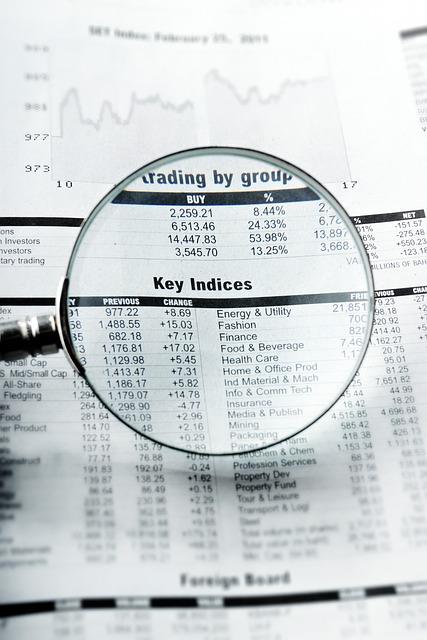On Monday, August 5, 2024, global financial markets were rocked by an unanticipated crash that shook the investment community. Stock prices dropped, bond yields rose, and commodities witnessed extraordinary volatility. This unexpected collapse has left many investors wondering about the causes, repercussions, and what the future holds for the market. Let’s look at the main causes of this financial turmoil and the likely short- and long-term implications.
Few causes of the Market Crash
A number of significant variables contributed to the market crash on the first Monday of August. First, investors were concerned about rising geopolitical tensions in Eastern Europe. A sudden military confrontation between two major nations in the region disrupted global supply systems, causing widespread concern.
In addition to geopolitical uncertainty, China’s recent economic data revealed a sharper-than-expected downturn in industrial production and consumer spending. This slowdown, combined with soaring debt levels, has raised concerns about a future economic disaster in the world’s second largest economy.
Furthermore, the Bank of Japan’s surprise decision to sharply hike interest rates was a big contributor to the crisis. The decision, intended to tackle chronic inflation, took investors off guard and prompted a review of global economic prospects. Higher interest rates in Japan often raise borrowing costs, which can affect consumer spending and corporate investment, further reducing economic growth.
Finally, a significant cybersecurity compromise at a major financial institution exacerbated the situation. The leak exposed sensitive financial information, eroding investor confidence and contributing to the market’s downturn.
Potential Short-Term Implications
Several major trends appeared shortly after the catastrophe. For starters, stock markets have suffered considerable losses, with major indices such as the S&P 500, Dow Jones Industrial Average, and NASDAQ Composite plunging by more than 5%. This decrease has destroyed the market value by trillions of dollars, impacting both individual and institutional investors.
- Furthermore, bond yields have increased as investors seek safer assets. The yield on the 10-year US Treasury note, a benchmark for global borrowing costs, jumped substantially, showing greater risk aversion. As a result, borrowing rates for governments, firms, and consumers are expected to rise, potentially limiting economic growth even further.
Commodities have not been spared, either. Fears of supply interruptions drove up oil prices, while investors sought safe-haven assets, causing gold to rise significantly. The volatility in commodity markets contributes to the uncertainties surrounding the global economy.
Long-Term Outlook
Several scenarios could play out in the aftermath of the current turmoil. In the immediate term, central banks may be more cautious in tightening monetary policy. If inflationary pressures subside, interest rate hikes may pause, bringing some respite to markets.
However, the long-term repercussions of the market fall are dependent on how geopolitical tensions and economic policies unfold. If international tensions worsen, protracted instability could result in a more severe market slump. Diplomatic resolutions, on the other hand, have the potential to restore investor trust and stabilize markets.
Another major concern is China’s slowing economy. If the Chinese government takes appropriate economic stimulus measures, it may be able to prevent a worsening catastrophe. However, failing to address fundamental concerns such as debt levels and structural imbalances might result in persistent economic malaise, weighing on global growth.
The Bank of Japan’s unexpected rate hike also raises concerns about the future path of global interest rates. If other central banks follow suit, global financial conditions might tighten, slowing economic growth and potentially increasing market volatility.
For individual investors, this crash serves as a stark reminder of the importance of diversification and risk management. While market downturns are inevitable, a well-balanced portfolio can help mitigate losses and position you for future recovery.
It is critical to stay informed and flexible while navigating these volatile times. Market conditions can change quickly, and keeping up with the newest developments can allow you to make informed decisions. Consider talking with a financial expert to examine your investing strategy and verify it is in line with your long-term goals.



